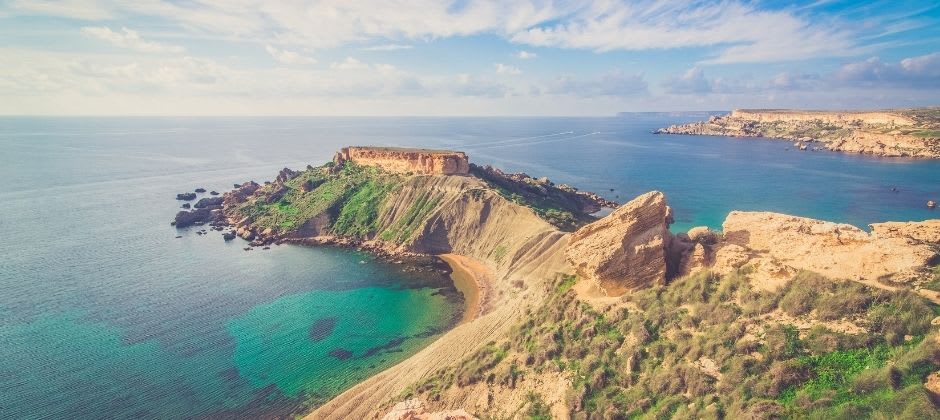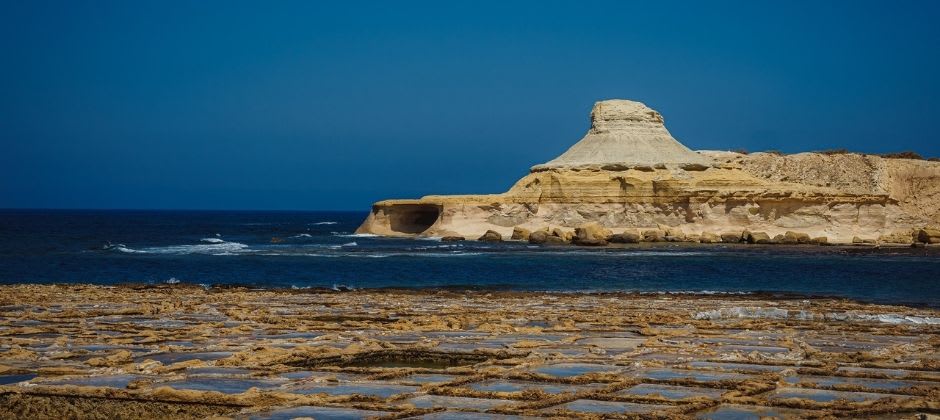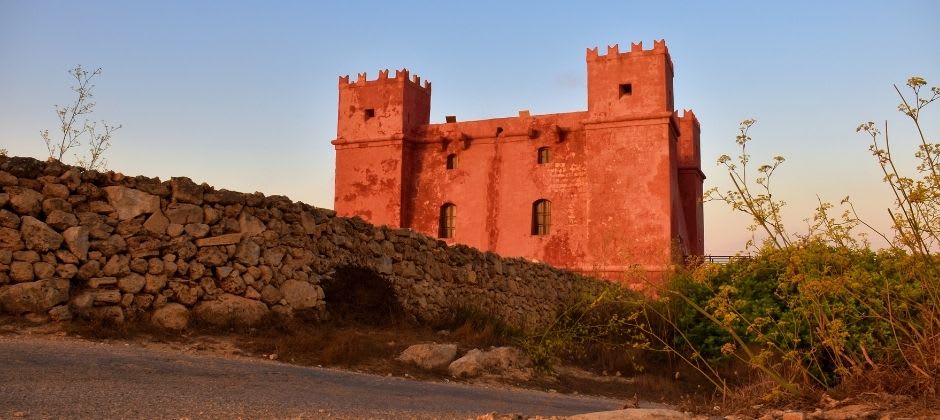Study in Malta: Housing & Living Costs
There are no two ways about it: the cost of living in Malta is high. This is because a lot of basic goods need to be imported from nearby Italy. Housing is also finite, so rent can be expensive. You’ll need to budget carefully. The currency of Malta is the Euro.

There are no two ways about it: the cost of living in Malta is high. This is because a lot of basic goods need to be imported from nearby Italy. Housing is also finite, so rent can be expensive. You’ll need to budget carefully. The currency of Malta is the Euro.
As many students find themselves in or near Valletta, these costs will reflect the cost of living in the capital.
Some average living costs in Valletta are (in EUR and USD):
- Monthly rent (1 bedroom apartment): €1200 ($1440)
- Utilities (monthly average): €110 ($130)
- Monthly public transport pass: €30 ($35)
- Meal (inexpensive restaurant): €20 ($25)
- Coffee: €2.90 ($3.50)
- Milk (1 liter): €1.25 ($1.50)
- Vegetables (1kg): €3.30 ($4)
- Eggs (dozen): €3.60 ($4.35)
- Water (1.5 liter): €1.80 ($2.15)
- Chicken (1kg): €12.30 ($14.80)
- Wine (bottle): €8 ($9.60)
- Bread (loaf): €2.10 ($2.55)
You can drink the tap water in Malta. But it can get extremely hot there, so you’ll need to buy bottled water when out and about.

The average cost of living in Malta is €1010 ($1210) per month. This excludes rent, which is normally counted as a separate cost. Some Maltese schools have dorms, known as student halls in Malta, which are far cheaper than private renting. Your school can tell you more about this when you’re admitted.
Malta uses both cash and card. You’ll generally use cards in supermarkets and larger stores, while you’ll generally use cash in smaller outlets and bars and restaurants.

Finding a part time job is possible in Malta is possible if you speak fluent English. Malta has a large tourism sector which normally needs people. A job can be extremely useful in helping with Maltese living costs.
As for healthcare, Malta has a public and a private system. Its public healthcare is known for being fantastic and is free at the point of use. Public healthcare is only open to Maltese and European citizens and residents. If you work, you might pay enough tax to be able to use this system. Your employer will be able to tell you. As for private healthcare, the health insurance that you’ll need for your visa can give you access to private healthcare.
Study in Malta
Want an overview of Malta? Do you want to know a little more about this island nation? The section gives you an oversight of all you need to know.
Education in Malta
Want to learn about how the higher education system works in Malta? Malta is a good destination for a variety of students, given its good programs, low fees and the ability to improve your English. Take a minute to find out more about the structure of the education system in Malta!
Student Visas
Do you need a visa to enter Malta to study? Learn more about the student visa process, and what you need to enter the country, depending on your citizenship.
Tuition Fees & Scholarships
Tuition fees for degree programs in Malta are generally set. International students are expected to pay tuition fees in Malta, but these fees are normally quite low. We've put together information on how this works, and on scholarships, in this section.
Language & Culture
Malta is a country rich in history and culture. Find out more about what the country offers in terms of language, history, and more! We also talk about safety in Malta in this section.
Application Process
Learn more about how to apply to Maltese schools and the documentation you need to do it in this section.
Programs
Ready to look at education in Malta? Use our search engine to find and compare top programs in Malta today!

Author
The Keystone Team is comprised of experienced educators and advisors dedicated to providing valuable resources and advice to students all over the world.